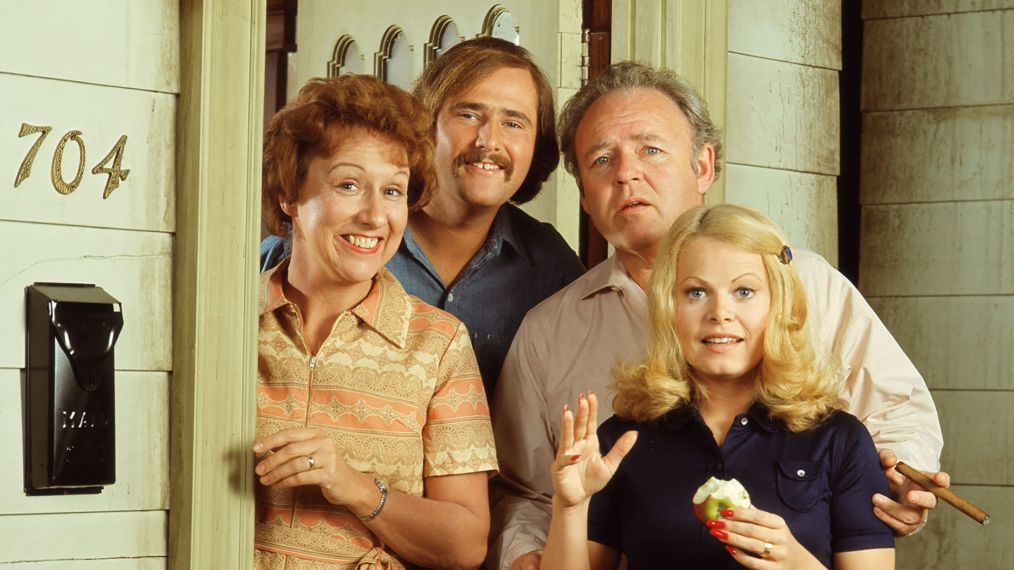Authors:
Historic Era: Era 10: Contemporary United States (1968 to the present)
Historic Theme:
Subject:
Winter 2021 | Volume 66, Issue 1


Authors:
Historic Era: Era 10: Contemporary United States (1968 to the present)
Historic Theme:
Subject:
Winter 2021 | Volume 66, Issue 1
Editor’s Note: Jim Cullen holds masters and PhD degrees in American Studies from Brown and the author of over a dozen books. For the following essay, he adapted portions of his new book, Those Were the Days: Why All in the Family Still Matters (Rutgers University Press), the definitive history of the landmark show.

Fifty years ago this month, on January 12, 1971, All in the Family made its debut on national television. The idea of a TV show — a comedic one, no less — featuring a bitterly divided family arguing about so many taboo subjects was radical. Archie Bunker and his children squabbled over politics, racism, antisemitism, religion, infidelity, homosexuality, women's issues, and the Vietnam War. There had never been anything like it.
Yet the program became wildly popular, often reaching weekly audiences of 50 million viewers. Running for nine seasons and 205 episodes, All in the Family won or was nominated for an astonishing 56 Primetime Emmy awards and 29 Golden Globes.
CBS executives insisted on placing a warning before the first episode, “Meet the Bunkers,” because it included so many words that audiences had never heard on television before that. “The network thought that with the first show it would be advisable to put in an advisory that there would be controversial material discussed here. So careful,” recalls Norman Lear, the show’s creator.
The showed opened with Archie and his devoted wife Edith singing the theme song. “Boy the way Glen Miller played, Songs that made the hit parade, Guys like us we had it made, Those were the days.”
But shortly after, Archie and his son-in-law Mike “Meathead” Stivic get into an argument about race, with Archie insisting. “If your spics and your spades want their rightful share of the American dream, let ‘em get out there and hustle for it just like I did,” insists Bunker.
“Now I suppose you’re going to tell me the black man has had the same opportunity in this country as you,” counters his son-in-law.
“More. He’s had more,” says Archie. “I didn’t have no million people out there marchin’ and protestin’ to get my job.”
“No,” interjects Archie’s loving but long-suffering wife Edith. “His uncle got it for him.” As often happened in the show, a bit of humor tempered the situation.
All in the Family has lived on in collective memory as one of the best shows of its kind — the situation-comedy, or sitcom. It bears a genealogical resemblance to ancestors such as The Honeymooners (1955–1956) and I Love Lucy (1951–1957) in its manic energy and engagement with racial and class issues. It also exhibits traits that can be seen in many heirs. Married . . . with Children (1987–1997)